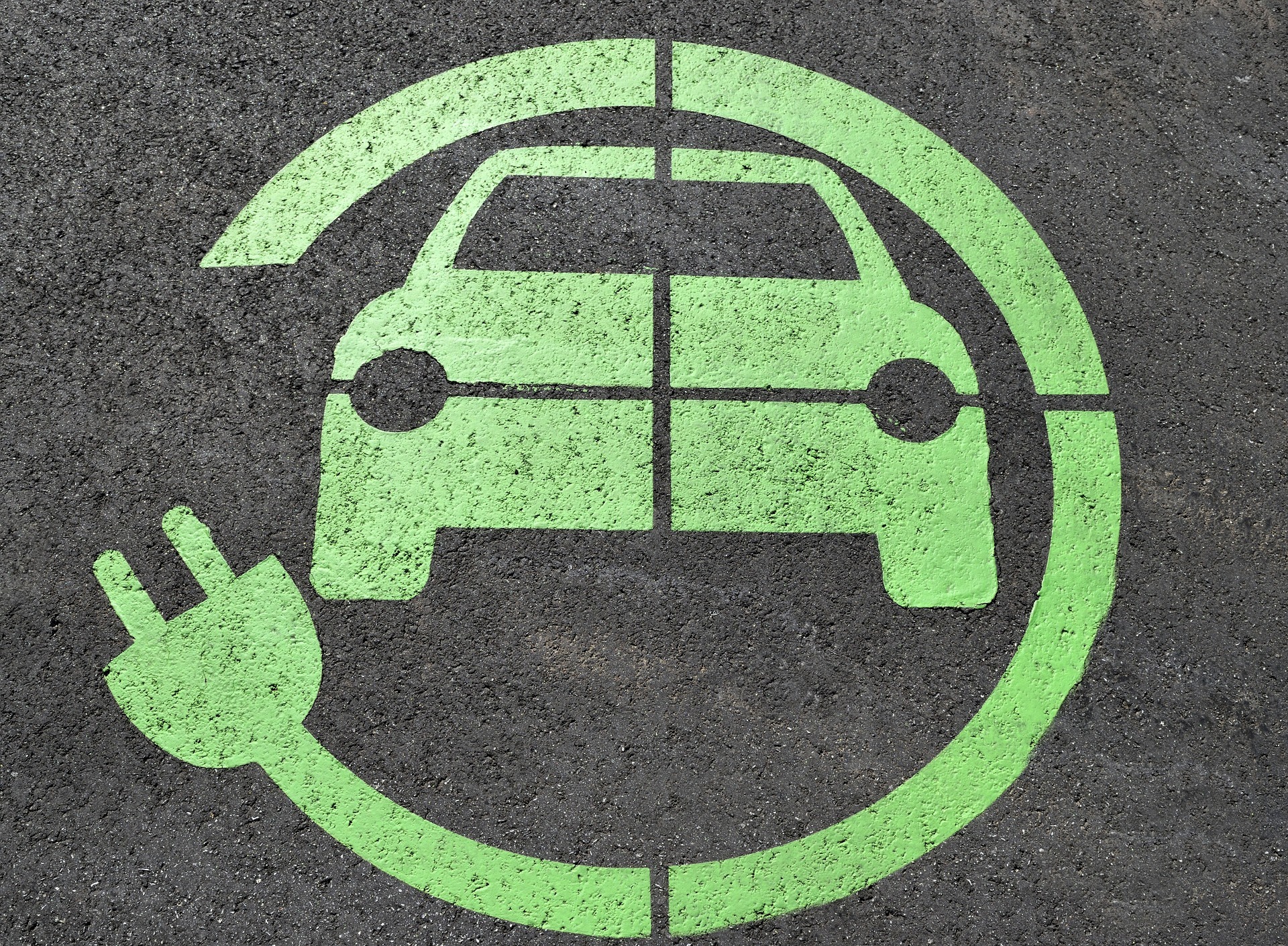Petrol and diesel cars can be expensive to run, so here are some top tips that could make a difference to your journey and reduce the need for such regular trips to the petrol station.
Possibly the most useful app and website for electric vehicle owners is Zap Map, which provides locations of electric vehicle charging points across the country, including latest status information on each point.
By 2035, all new cars produced will be either electric (EVs) or hybrid. Many people are already making that switch now and are experiencing the many benefits. EVs and hybrid vehicles are often cheaper to run and maintain compared to petrol or diesel vehicles. Additionally, the government are often offering tax incentives to encourage people to swap from traditional combustion engines to electric vehicles.
A common concern with EVs is range anxiety. Most new vehicles will cover between 100 and 300 miles on a full charge (dependent on conditions and model of car). The average car journey in the UK is only 8 miles and 25% of journeys are less than 2 miles! For more information, visit the Energy Saving Trust website.
What is car sharing? Car sharing is essentially commuting with someone who is going towards a similar destination. You could car share as a passenger or driver, sharing the journey with another person.
When can you car share? There are no rules when it comes to car sharing, the main goal is to share as and when deemed possible! This could be for work shifts, a weekly food shop, studies, or even for a regular hobby you may attend. Speak with friends, work colleagues or neighbours and see if you can adapt at all to reduce your single car usage.
Why should you car share? Did you know that there are over 38 million empty seats on the road everyday? Single occupancy vehicles (SOV) contributes to 15 billion kg of CO2, totalling 82% of emissions per year in the UK. Although alternatives such as cycling or walking are great ways to help the environment, statistics show that if 82% of people do not change their habit of driving in an SOV, the reduction in emissions will be small.
Find out more about car sharing here.
